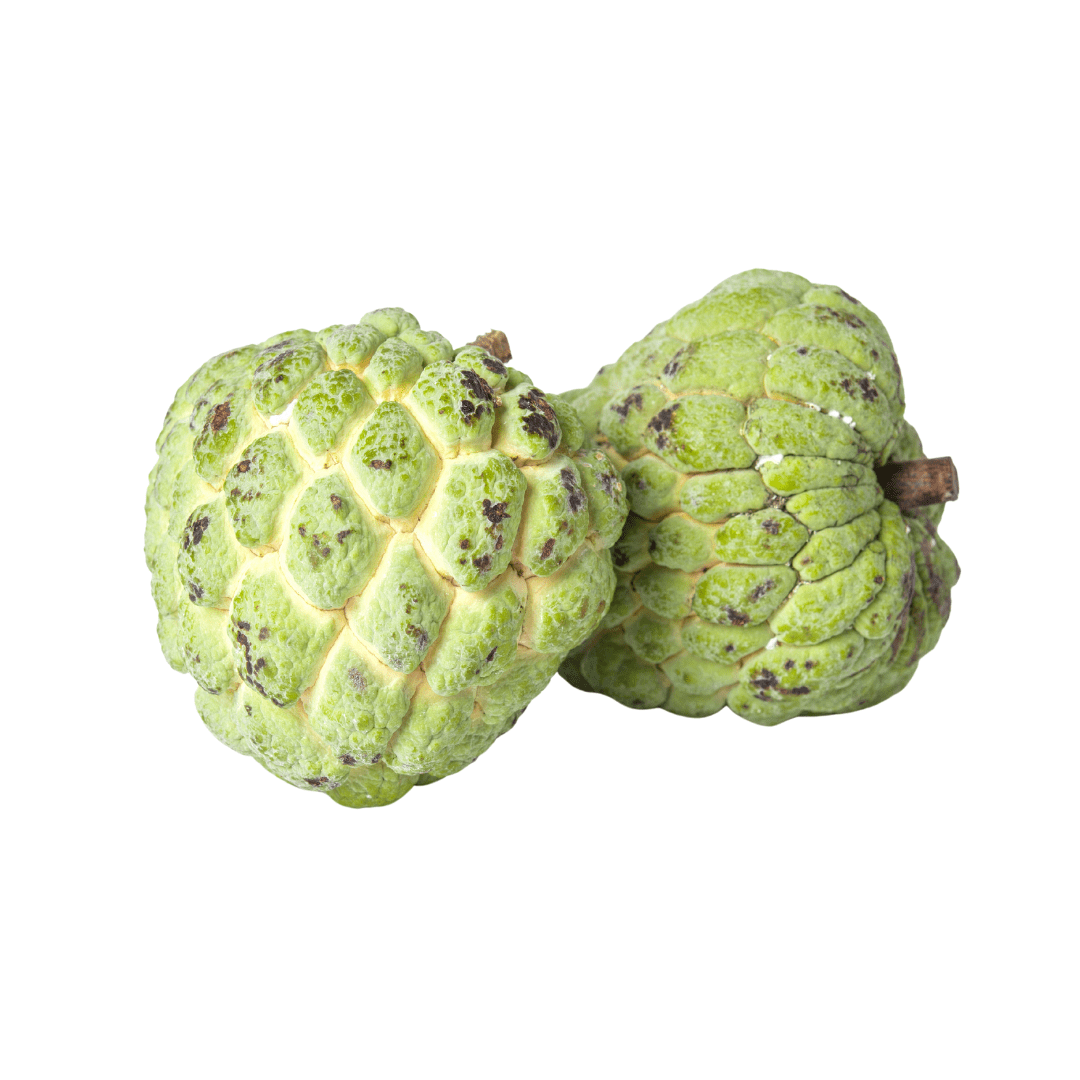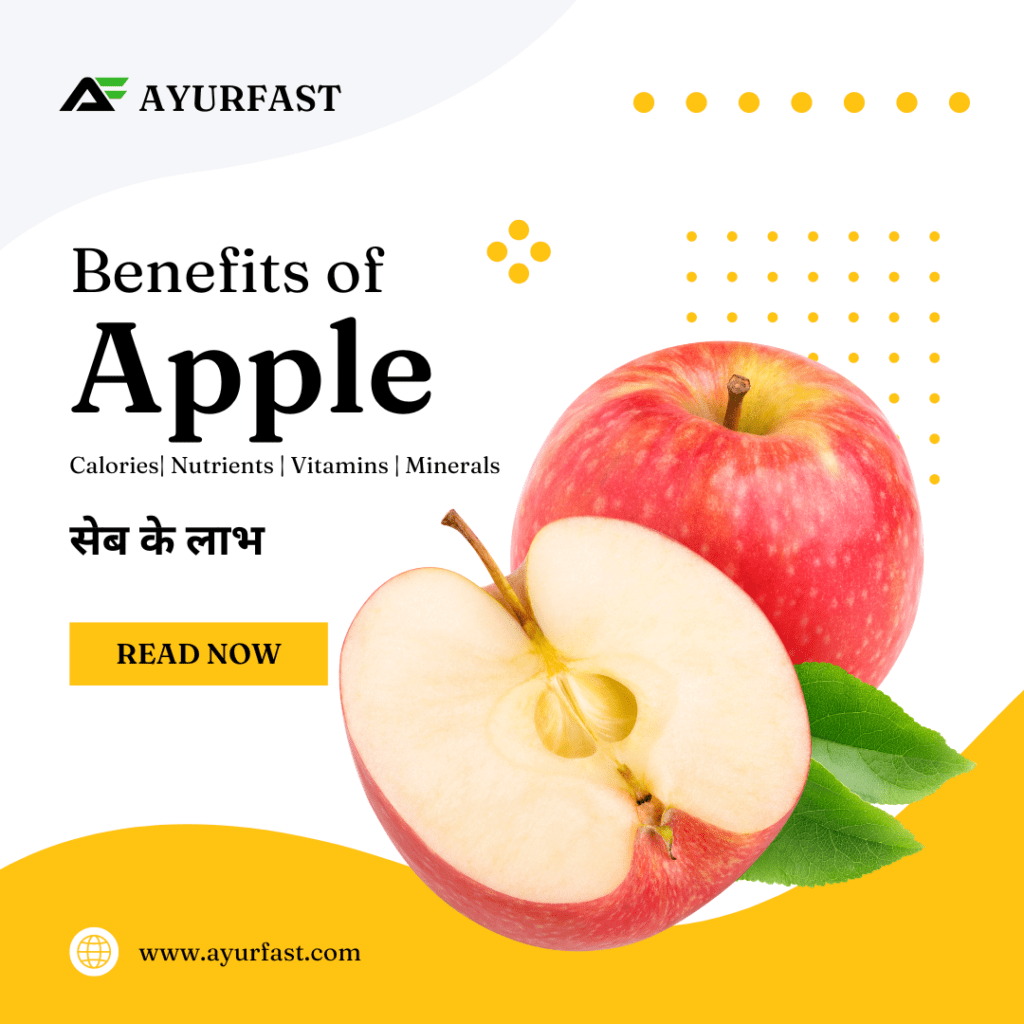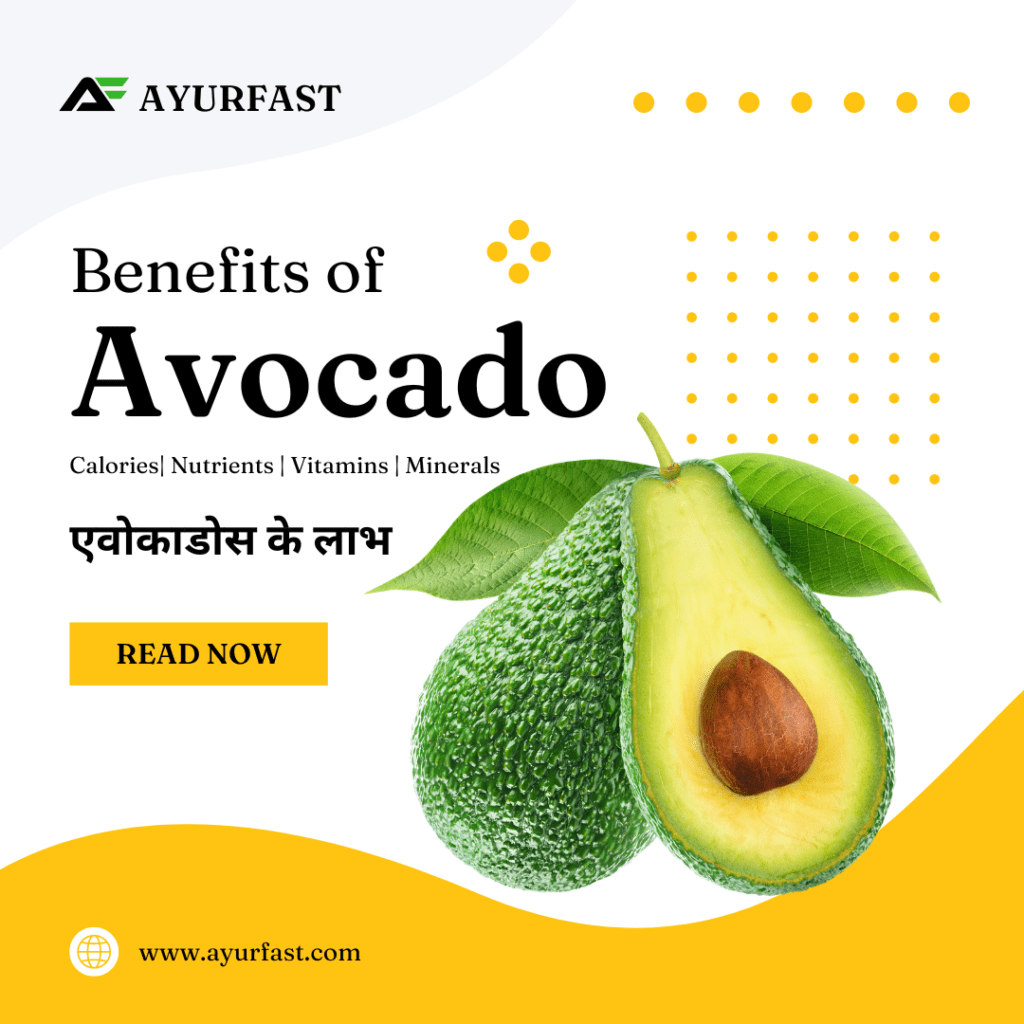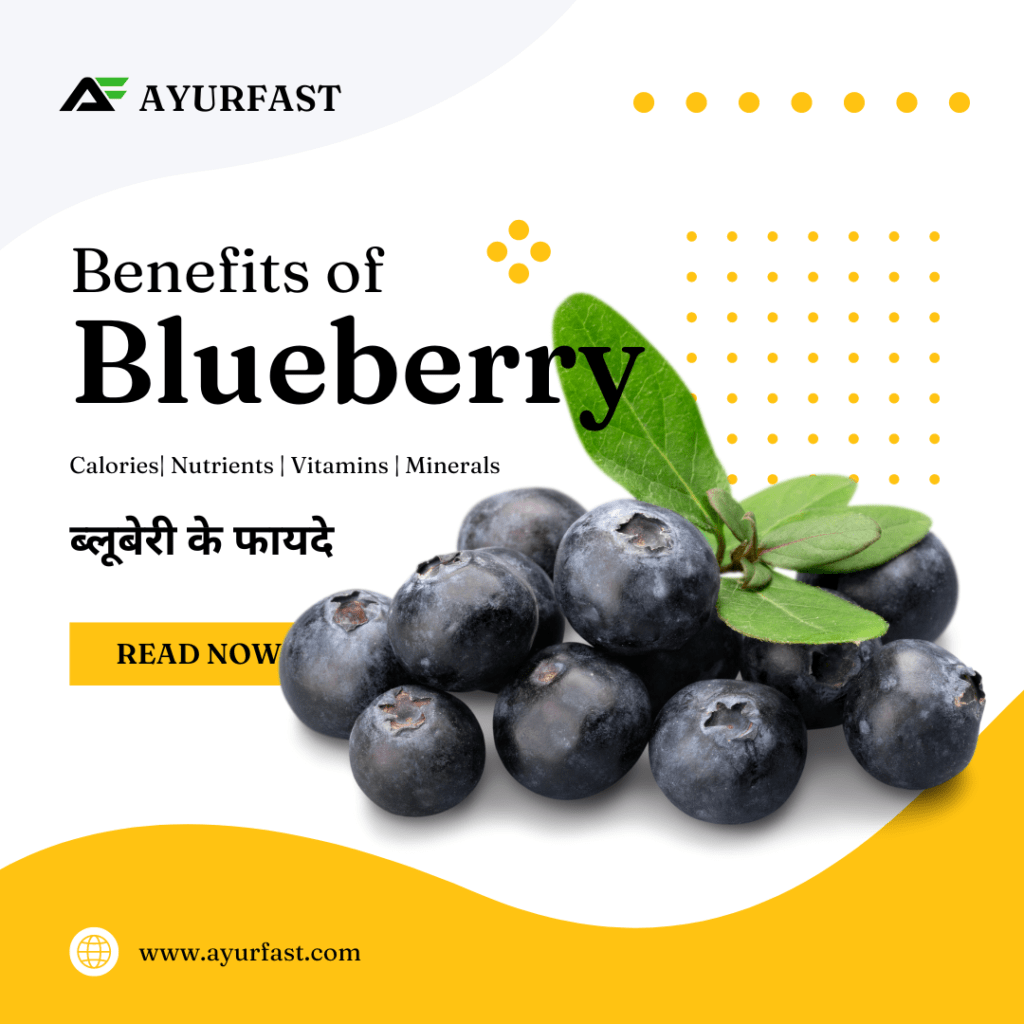About
The custard apple, also known as the sugar apple or sweetsop, is a tropical fruit that grows on small trees. It is native to South America and is now widely cultivated in tropical regions around the world. The fruit has a creamy, custard-like texture and a sweet, aromatic flavor.
Health Benefits of Custard Apple:
-
Immune system support: Custard apple contains antioxidants, such as vitamin C, that help boost the immune system and protect against infections.
-
Digestive health: The fiber content in custard apples can promote healthy digestion and prevent constipation.
-
Cardiovascular health: Custard apple is rich in potassium, which can help lower blood pressure and reduce the risk of heart disease.
-
Bone health: Custard apple contains calcium and magnesium, both of which are important for maintaining healthy bones.
-
Skin health: The high vitamin C content in custard apples can help promote healthy skin and reduce the signs of aging.
Diseases that can be cured with Custard Apple:
-
High blood pressure: The potassium content in custard apples can help lower blood pressure, reducing the risk of cardiovascular disease.
-
Constipation: The fiber content in custard apples can help promote healthy digestion and prevent constipation.
-
Infections: The antioxidants in custard apples can boost the immune system and protect against infections.
Energy and Macro Nutrients (per serving of 50g of custard apple):
| Nutrient | Amount |
|---|---|
| Calories | 41 |
| Carbohydrates | 10 g |
| Fiber | 1 g |
| Protein | 1 g |
| Fat | 0 g |
| Water | 35 g |
Vitamins (per serving of 50g of custard apple):
| Vitamin | Amount |
|---|---|
| Vitamin C | 24.5 mg |
| Vitamin B1 | 0.03 mg |
| Vitamin B2 | 0.02 mg |
| Vitamin B3 | 0.4 mg |
| Folate | 15.5 mcg |
Minerals (per serving of 50g of custard apple):
| Mineral | Amount |
|---|---|
| Calcium | 10.5 mg |
| Iron | 0.4 mg |
| Magnesium | 15 mg |
| Phosphorus | 25.5 mg |
| Potassium | 175 mg |
| Sodium | 1 mg |
| Zinc | 0.15 mg |
| Copper | 0.03 mg |
| Manganese | 0.1 mg |
| Selenium | 0.1 mcg |
What are the health benefits of custard apples?
Custard apples are rich in vitamins, minerals, and antioxidants, supporting heart health, boosting immunity, and aiding digestion.
How to eat a custard apple?
Cut the custard apple in half and scoop out the creamy flesh with a spoon, discarding the seeds.
Where to buy fresh custard apples?
Fresh custard apples are often available at local farmers' markets, grocery stores, and specialty fruit shops.
Are custard apples good for weight loss?
Yes, custard apples are low in calories and high in fiber, making them a suitable option for weight management.
Can custard apples be used in smoothies?
Absolutely! Custard apples add a creamy texture and natural sweetness to smoothies.
How to select ripe custard apples?
Ripe custard apples should be soft to touch and have a fragrant, sweet aroma.
Are custard apple seeds poisonous?
Custard apple seeds are not edible as they contain toxic compounds. They should be discarded.
What are the uses of custard apple seeds?
Custard apple seeds are used to extract oil, which is sometimes used in cosmetic products.
Can custard apples be frozen for later use?
Yes, custard apple flesh can be frozen in an airtight container for later use in recipes.
What vitamins and minerals are in custard apples?
Custard apples contain vitamins C, B6, and potassium, along with dietary fiber.
How to grow custard apple trees?
Custard apple trees can be grown from seeds or by grafting. They require a warm climate and well-drained soil.
Are custard apples safe during pregnancy?
Custard apples are generally safe during pregnancy when consumed in moderation.
Are there different varieties of custard apples?
Yes, there are various custard apple varieties, each with its own unique taste and appearance.
Can custard apples be used in desserts?
Absolutely! Custard apples are a popular choice for desserts due to their creamy texture and sweet taste.
What are the beauty benefits of custard apples?
The antioxidants in custard apples can promote healthy skin and contribute to a radiant complexion.









